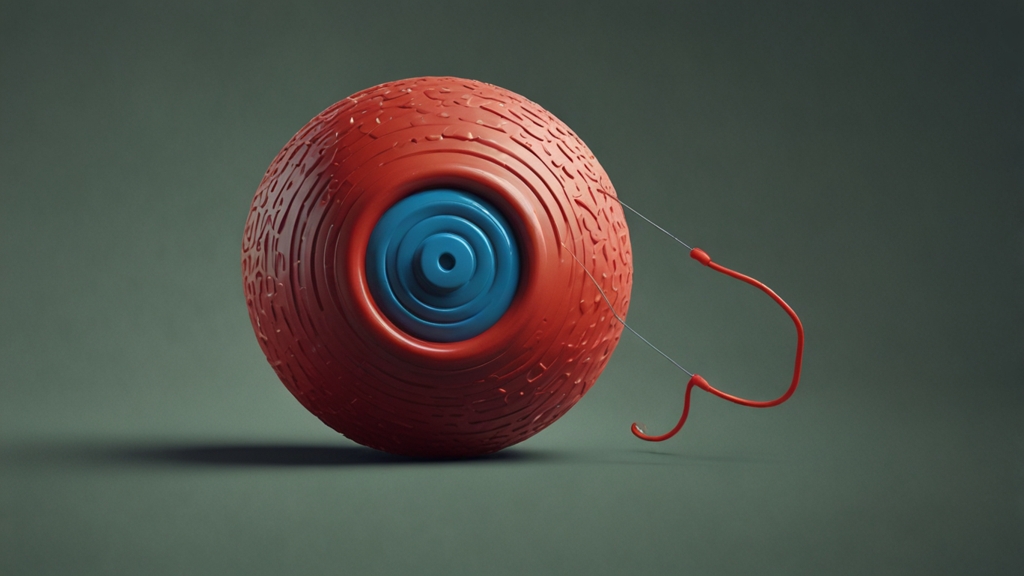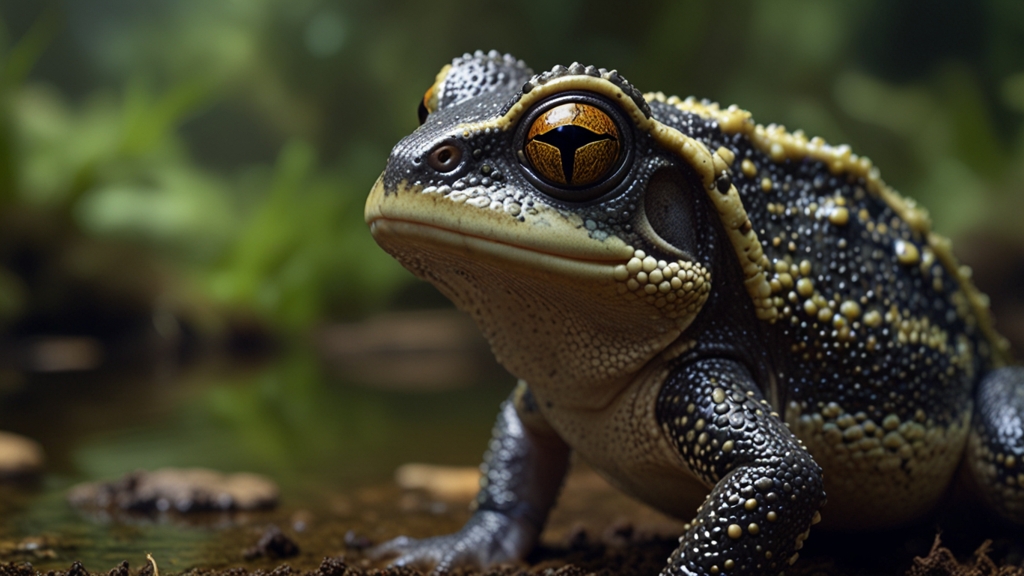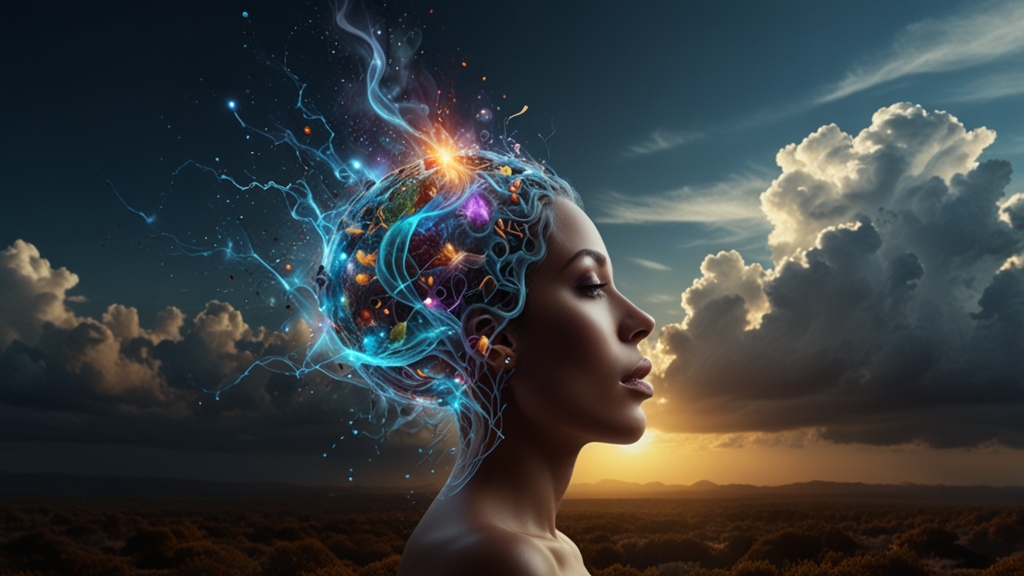YoYo your Brain with These Whimsical Riddles
Riddles have been a part of human culture for centuries, extending their perplexing allure to minds young and old alike. They tantalize our neurons, challenging our problem-solving skills and expanding the creative faculties of our brains. Welcome to a whimsical journey where we yoyo your brain with some of the most delightful riddles ever conjured.
What are Riddles?
At their core, riddles are questions, statements, or phrases with a double or hidden meaning, designed to make you ponder deeply and often cleverly trick you. Whether posed by mythical sphinxes, woven into ancient folklore, or shared around modern-day campfires, riddles not only entertain but also educate. They encourage us to think outside the box, to break away from conventional thought patterns, and to use lateral thinking to arrive at a surprising solution.
A Riddle A Day Keeps Boredom at Bay
Diving into the world of riddles is like embarking on a mental treasure hunt. Consider these whimsical riddles that will yoyo your brain:
Riddle: I speak without a mouth and hear without ears. I have no body, but I come alive with the wind. What am I?
Answer: An Echo
At first glance, these words might appear perplexing. But think about it – what phenomenon fits this description perfectly? An echo comes alive when sound waves bounce back, creating an auditory illusion despite the absence of a tangible source.
Riddle: I have keys but no locks. I have space but no room. You can enter, but you can’t go outside. What am I?
Answer: A Keyboard
This playful riddle nudges you to look at common objects in new ways. Many things might fit the description partially, but the focus on "keys" and "space" narrows it down to something you use daily – a keyboard.
Riddle: I’m light as a feather, yet the strongest man can’t hold me for much longer than a minute. What am I?
Answer: Your Breath
While feathers and breaths might not seem analogous at first, considering the context reveals the truth. Our breath, though intangible and light, is something we cannot hold indefinitely, linking perfectly to the imagery in the riddle.
Riddles as Brain Boosters
Engaging with riddles does more than just provide amusement. Here are some benefits for your cognitive health:
- Enhanced Problem-Solving Skills: Riddles force you to think critically, improving your ability to solve various types of problems.
- Increased Creativity: By encouraging you to see things differently, riddles boost creative thinking.
- Improved Memory: Remembering riddles and their solutions helps to sharpen your memory skills.
- Stress Relief: Solving a riddle can be satisfying and serve as a great stress buster.
Creating Your Own Riddles
Inspired to create your own brain-yoyoing riddles? Consider these tips:
- Focus on Dual Meanings: Use words with double meanings to add layers to your riddle.
- Be Playful with Language: Puns, metaphors, and analogies make riddles more engaging.
- Keep It Succinct: A good riddle is concise but full of punch.
For instance, you could pose the following:
Riddle: I run all around the backyard, but never move. What am I?
Answer: A Fence
Here, the words "run" and "move" add a playful twist, making the reader re-think everyday objects in a new light.
Conclusion
Riddles are more than just fun and games. They are a mysterious and enjoyable way to exercise your brain, inciting curiosity and sparking creativity. So, the next time you find yourself in need of a mental workout, remember to yoyo your brain with a whimsical riddle – it might be just the energizing challenge your mind needs!









